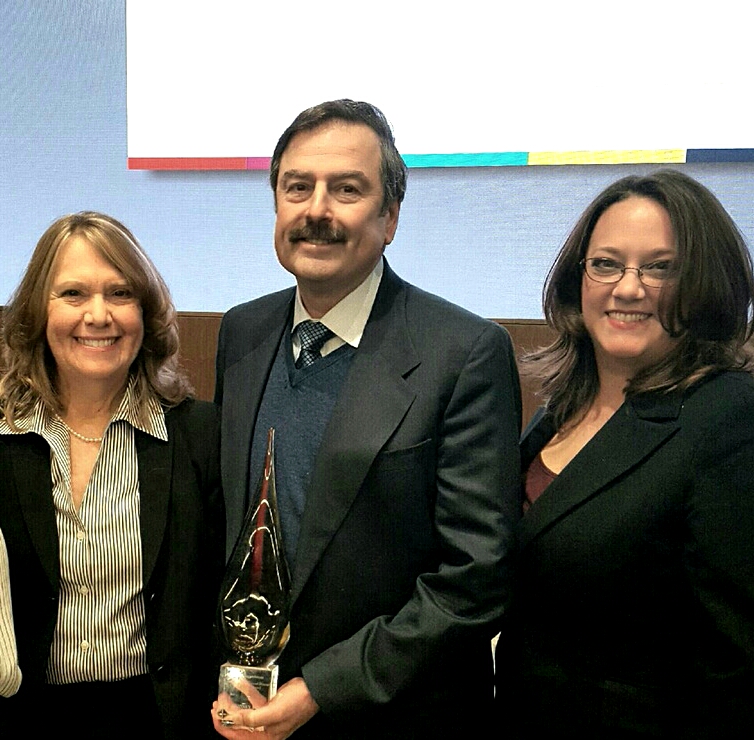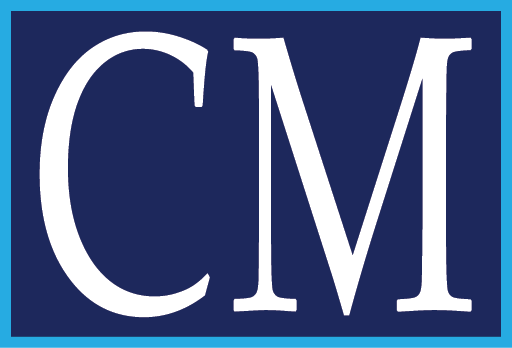CRG News
The Debtor Disputed Your Debt, Now What?
Under Section 1692g of the Fair Debt Collection Practices Act, if a consumer disputes a debt within 30 days of the first Miranda warning[1], the debt collector must cease collection efforts until the debt collector “obtains verification of the debt or a copy of a judgment, or the name and address of the original creditor, and a copy of such verification or judgment, or name and address of the original creditor.” 15 U.S.C.A. § 1692g (West). The statute seems straight forward, but with the advice on the internet (good, bad or indifferent), it has become more complicated. Debtors are now retrieving form letters and sending those off in response to demand letters in efforts to trip up debt collectors. Many times, those expansive letters request anything from the attorney employment agreements with their clients to the law firm’s insurance. The question is, does the law firm have to respond with every document request in order to have properly verified the debt under Section 1692g of the Fair Debt Collection Practices Act?
Fortunately, the courts have answered this question “no.” The courts have developed two tests. First, the traditional and more lenient test still applied by many courts was originally expounded in Chaudhry v. Gallerizzo, 174 F.3d 394, 406 (4th Cir. 1999). It required “nothing more than the debt collector confirming in writing that the amount being demanded is what the creditor is claiming is owed.” Haddad v. Alexander, Zelmanski, Danner & Fioritto, PLLC, 758 F.3d 777 (6th Cir. 2014) (citing Chaudhry 174 F.3d at 406 (4th Cir. 1999); see also, Clark v. Capital Credit & Collection Servs., 460 F.3d 1162 (9th Cir. 2006)). A second test was held in Haddad, where the the Sixth Circuit stated that sufficient “verification” requires the debt collector to “provide the consumer with notice of how and when the debt was originally incurred or other sufficient notice from which the consumer could sufficiently dispute the payment obligation.” Haddad, 758 F.3d at 786.
So what does this mean for a debt collector when responding to these letters? Generally, if the debt collector can give the basis for the original charge, an accounting of the debt and the name of the original creditor, the response to the verification will be sufficient. See e.g. Ritter v. Cohen & Slamowitz, LLP, 118 F.Supp.3d 497, 502, 504 (E.D.N.Y. 2015); Stoneheart v. Rosenthal, No: 01-CV-651, 2001 WL 910771, at *23 (S.D.N.Y. Aug, 13, 2001); and Hawkins-El v. First American Funding, 891 F.Supp. 2d 402 (E.D.N.Y. 2012); Hawkins-El v. First Am. Funding, LLC, 529 Fed.Appx. 45 (2d Cir. 2013) (affirming District Court’s opinion). However, in one instance, a court found that a verification contained internal inconsistencies, and was therefore insufficient. See Mack v. Progressive Financial Servs., Inc., No. 4:13cv544, 2015 WL 123742, at *1 (E.D. Tex. Jan. 8, 2015). Thus, it is important to make sure that the information given is accurate and consistent, otherwise the verification may be deemed insufficient, and all subsequent collection efforts may be in violation of the FDCPA.
Once the debt is verified, the debtors may continue their collection attempts, as stated in Hawkins-El “Plaintiff’s debt already had been verified for purposes of the FDCPA. Plaintiff cannot forestall collection efforts by repeating the same unsubstantiated assertions and thereby contend that the debt is ‘disputed.’ If Plaintiff were permitted to do so, debtors would be able to prevent collection permanently by sending letters, regardless of their merit, stating that the debt is in dispute. Such a result is untenable as it would make debts effectively uncollectible.” Hawkins-El, 891 F.Supp.2d at 410.
[1]See 15 U.S.C.A. § 1962g (a)(4) requiring “a statement that if the consumer notifies the debt collector in writing within the thirty-day period that the debt, or any portion thereof, is disputed, the debt collector will obtain verification of the debt or a copy of a judgment against the consumer and a copy of such verification or judgment will be mailed to the consumer by the debt collector.”
CRG Hires Carlos I. Ruiz as a Summer Clerk for the MOILP Program for Summer 2016
 Cersonsky, Rosen & García, P.C. is participating in the Minority Opportunities in the Legal Profession (MOILP) 1L Summer Clerkship Program this summer by employing Carlos I. Ruiz as a Clerk at the firm. Carlos is from Venezuela and has a Bachelor of Science in Biochemistry from University of Texas. He has just completed his first year of law school at the University of Houston Law Center and is sure to add a unique perspective to the firm.
Cersonsky, Rosen & García, P.C. is participating in the Minority Opportunities in the Legal Profession (MOILP) 1L Summer Clerkship Program this summer by employing Carlos I. Ruiz as a Clerk at the firm. Carlos is from Venezuela and has a Bachelor of Science in Biochemistry from University of Texas. He has just completed his first year of law school at the University of Houston Law Center and is sure to add a unique perspective to the firm.
The Minority Opportunities in the Legal Profession (MOILP) 1L Summer Clerkship Program is offered through the Houston Bar Association. It provides diverse 1L students an opportunity for clerkship at a law firm, corporate legal department or legal nonprofit organization.
Jacquelyn D. McAnelly Serves on HBA Habitat for Humanity Committee
Jacquelyn D. McAn elly, Associate at Cersonsky, Rosen & Garcia, P.C., is wrapping up serving on the Houston Bar Association’s Habitat for Humanity Committee for 2015-2016. The HBA’s partnership with the Houston Habitat for Humanity has resulted in building 19 houses for 79 Houstonians, 52 of which were children. The HBA raised $75,000 in funds for the house and then, over an 8-week period, rallied volunteers in the legal community and friends to help on construction of the house. Jacquelyn D. McAnelly served as build captain for the first weekend of construction with the HBA, and volunteered with other Houston area lawyers putting up siding on the last weekend.
elly, Associate at Cersonsky, Rosen & Garcia, P.C., is wrapping up serving on the Houston Bar Association’s Habitat for Humanity Committee for 2015-2016. The HBA’s partnership with the Houston Habitat for Humanity has resulted in building 19 houses for 79 Houstonians, 52 of which were children. The HBA raised $75,000 in funds for the house and then, over an 8-week period, rallied volunteers in the legal community and friends to help on construction of the house. Jacquelyn D. McAnelly served as build captain for the first weekend of construction with the HBA, and volunteered with other Houston area lawyers putting up siding on the last weekend.
CRG Receives 2015 JPMorgan Chase & Co.’s Joan Guggenheimer Outside Counsel Diversity Champion Award

Cersonsky, Rosen & Garcia, P.C. has been recognized by client JPMorgan Chase & Co. for its commitment to promoting and maintaining a culture of diversity and inclusion in the legal profession when it was named as the small firm recipient of the 2015 JPMorgan Chase & Co.’s Joan Guggenheimer Outside Counsel Diversity Champion Award. The award was presented to CRG by Ms. Stacey Friedman, Chase General Counsel on January 13, 2016 at JPMorgan Chase’s Global Legal Town Hall in New York. Accepting the award on behalf of the firm was M. H. “Butch” Cersonsky, Rachel Rodriguez Rosen and Marianne G. Robak.
JPMorgan Chase Bank & Co. acknowledged Cersonsky, Rosen & García, stating: The firm has successfully represented JPMorgan Chase in a number of matters. The firm’s commitment to diversity is evident from both its strong leadership as well as the support provided to its associates to participate in diversity programs and be involved with community engagement. The selection committee was impressed by the feedback from Legal colleagues about the firm’s work quality and results.
JPMorgan Chase has been a client of the firm for more than twenty years in various business and banking matters. CRG is honored to have received this award from such a valued client.
CRG is certified as a Historically Underutilized Business (HUB) by the State of Texas because it is a minority owned firm.
